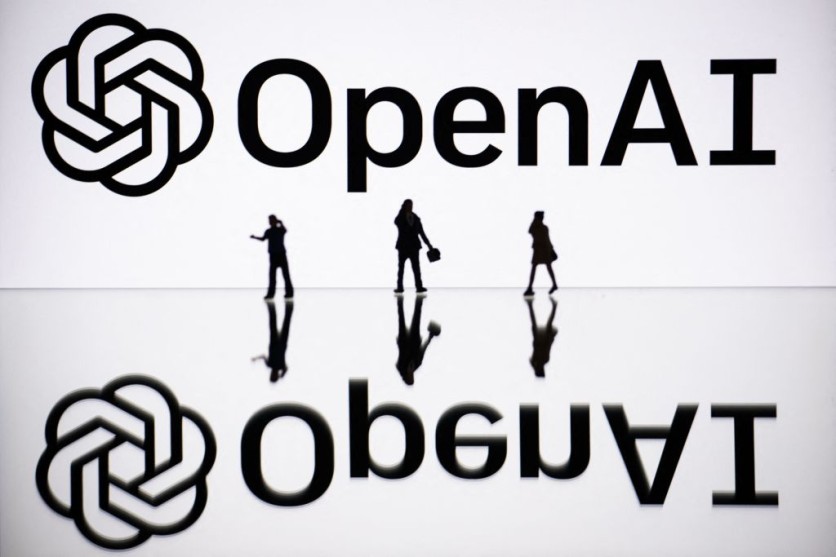OpenAI, the company behind the popular chatbot ChatGPT, recently hosted its first big tech showcase, unveiling an array of new AI products. The showcase featured numerous additions and enhancements to their platform, accompanied by reduced pricing across various segments.
One of the highlights of this launch is the introduction of the GPT-4 Turbo model, representing a significant leap in capability and cost-effectiveness. This advanced model boasts a 128K context window, enabling it to process the equivalent of over 300 pages of text within a single prompt.
Moreover, it demonstrates a substantial reduction in pricing, offering a 3x decrease in cost for input tokens and a 2x reduction for output tokens compared to its predecessor, GPT-4.

OpenAI New Products and Enhancements
OpenAI's function-calling feature allows users to articulate functions of their applications or external APIs to models. This enhancement now permits the calling of multiple functions in a single message, streamlining interactions.
Additionally, the accuracy of function calls has been improved, enhancing the model's ability to return the correct function parameters. Furthermore, GPT-4 Turbo exhibits superior performance in tasks demanding precise instruction-following, such as generating content in specific formats like XML.
It also introduces a JSON mode, ensuring the model's responses conform to valid JSON syntax, enhancing its versatility. For developers seeking reproducibility in outputs, a new seed parameter has been introduced.
This feature facilitates consistent results, aiding tasks like debugging and comprehensive unit testing. In tandem with GPT-4 Turbo, a revamped version of GPT-3.5 Turbo has been unveiled.
This iteration supports a 16K context window by default, exhibiting a 38% improvement in format following tasks, such as generating JSON, XML, and YAML. OpenAI has also introduced the Assistants API, a significant step towards empowering developers to create agent-like experiences within their applications.
Assistants are specialized AIs with specific instructions and the ability to call models and tools to perform tasks. This API offers capabilities like Code Interpreter and Retrieval, streamlining the development process for high-quality AI applications.
Moreover, OpenAI has diversified the modalities in the API. GPT-4 Turbo now integrates vision capabilities, allowing it to process images as inputs.
Additionally, DALL·E 3, a recent addition for ChatGPT Plus and Enterprise users, is now accessible via the Images API. This integration enables the generation of images and designs programmatically.
Text-to-Speech API
The introduction of a text-to-speech (TTS) API is another notable addition. This feature enables the generation of high-quality speech from text, offering a selection of six preset voices and two model variants optimized for real-time use cases and quality.
In terms of customization, OpenAI is initiating an experimental access program for GPT-4 fine-tuning, with an eye toward improving its effectiveness over the base model.
Additionally, a Custom Models program is being launched, allowing selected organizations to collaborate with OpenAI researchers to train custom GPT-4 models tailored to their specific domains.
To further support developers, OpenAI is reducing prices across the platform. It includes significant price reductions for GPT-4 Turbo, GPT-3.5 Turbo, and fine-tuned models.
Lastly, OpenAI is introducing Copyright Shield, a safeguard against legal claims related to copyright infringement. This initiative underscores OpenAI's commitment to protecting its customers and defending them against potential legal challenges.
The showcased products and features are set to be rolled out in phases, promising a new era of possibilities in the field of artificial intelligence.
Related Article : OpenAI Plans Developing Its Own AI Chips Amid Global Shortages

ⓒ 2025 TECHTIMES.com All rights reserved. Do not reproduce without permission.



